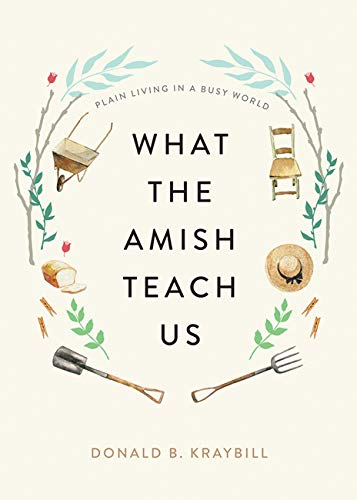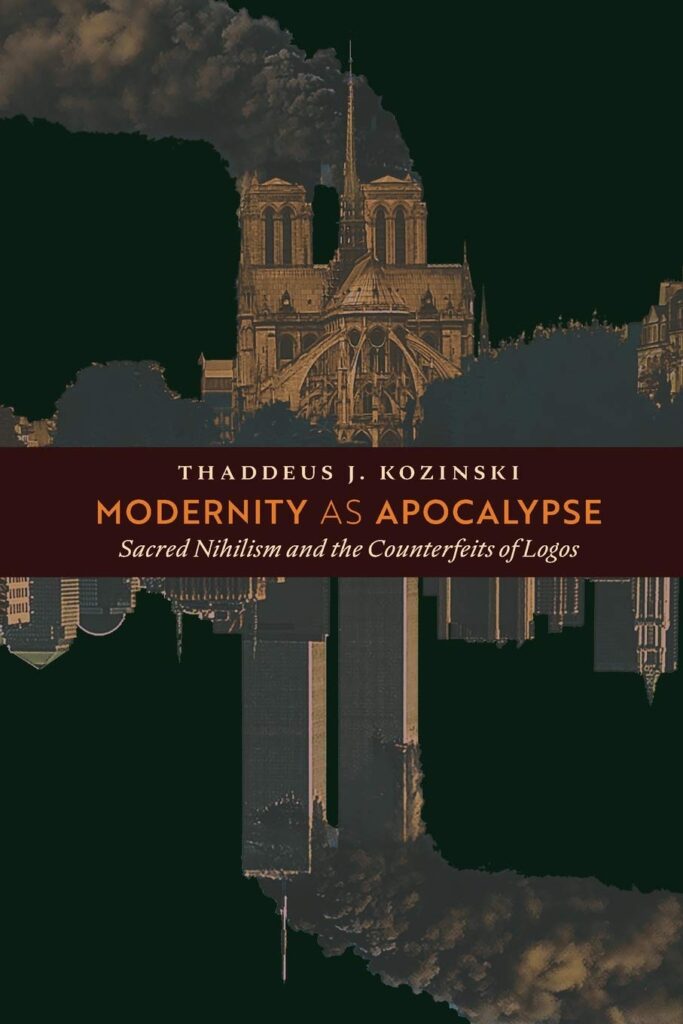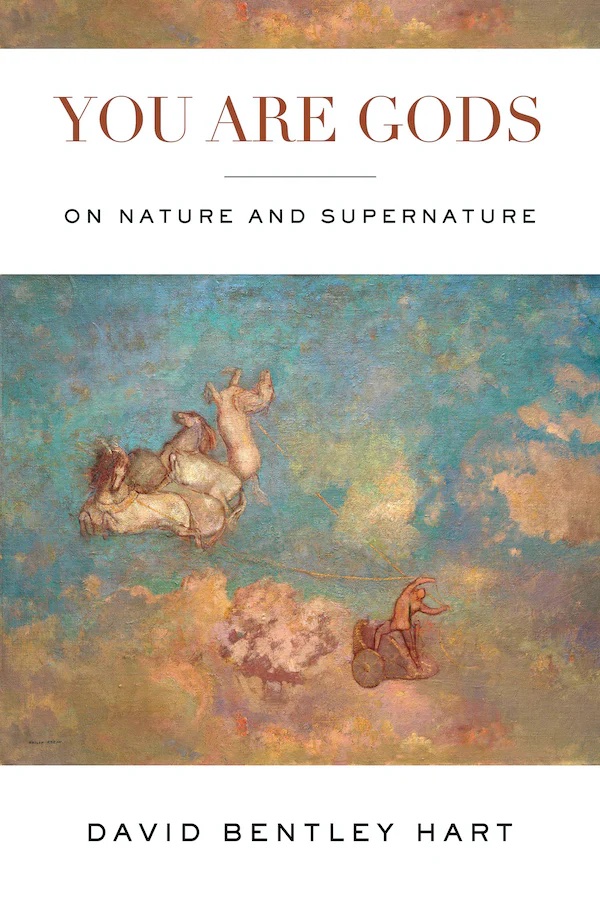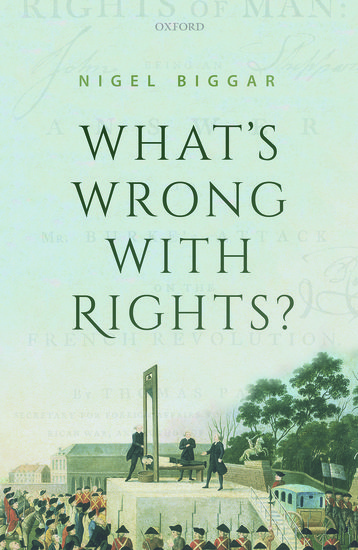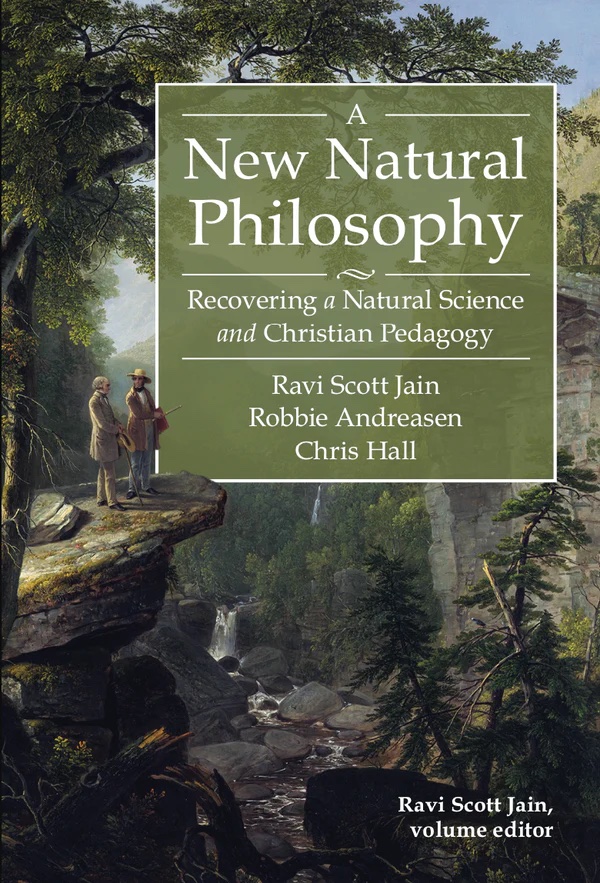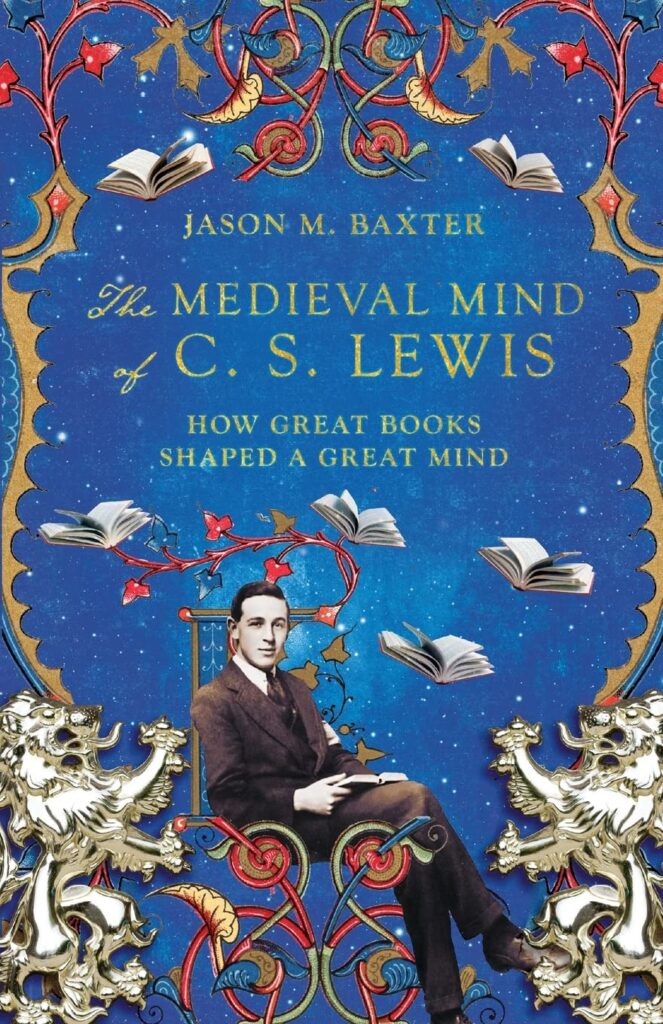PREVIEW
The player for this Journal volume is only available to current members or listeners with a legacy account. If you have an active membership, log in here. If you’d like to become a member — with access to all our audio programs — sign up here.
Guests heard on Volume 155
Donald Kraybill, author of What the Amish Teach Us: Plain Living in a Busy World, on how the Amish “negotiate” with modernity as communities by making decisions about the uses of technology
Thaddeus Kozinski, author of Modernity as Apocalypse: Sacred Nihilism and the Counterfeits of Logos, on the dubious claim within liberalism that public life can be well-ordered by entirely neutral (non-transcendent) principles
David Bentley Hart, author of You Are Gods: On Nature and Supernature, on how “two-tier Thomism” deviates from historic Christian understanding of the relationship between God and Creation (Archive Feature available)
Nigel Biggar, author of What’s Wrong with Rights? on recognizing problems with the notion of “natural rights,” without denying the importance of rights understood as granted within social and political contexts
Ravi Scott Jain, co-author of A New Natural Philosophy: Recovering a Natural Science and Christian Pedagogy, on reconfiguring science and the teaching of science within the framework of natural philosophy, natural history, and natural science
Jason Baxter, author of The Medieval Mind of C. S. Lewis: How Great Books Shaped a Great Mind, on how C. S. Lewis’s imagination was shaped by texts from the Middle Ages
Related reading and listening
- Natural law as “performance” — FROM VOL. 124 R. J. Snell discusses how novel ideas about natural law focus less on moral propositions and concepts and more on the thrust for meaning and value. (27 minutes)
- Excluding cranks and dabblers — Drusilla Scott on Michael Polanyi’s insistence that the “community of science” required authority
- How discovery happens — Esther Lightcap Meek on Michael Polanyi’s account of scientific discovery
- Making contact with reality — FROM VOL. 139 Esther Lightcap Meek discusses the realism of philosopher and chemist Michael Polanyi. (23 minutes)
- Knowing the world through the body — FROM VOL. 76 Professor Martin X. Moleski explains why Michael Polanyi (1891-1976) left his career in science to become a philosopher. (16 minutes)
- Metaphysics and sub-creation — FROM VOL. 144 Jonathan McIntosh claims that scholarship has tended to ignore the depth of St. Thomas Aquinas’s influence on J. R. R. Tolkien’s work. (28 minutes)
- “The system will be first” — FROM VOL. 27 Robert Kanigel describes the transformation of work due to Frederick Winslow Taylor’s concept of scientific management. (11 minutes)
- Nature’s intelligibility — In this lecture, Christopher Blum argues that scientists need to regain a full appreciation of nature’s intelligibility, as they are apt to lose sight of reality due to the reductionism produced by their theories. (31 minutes)
- When philosophy loses its way — FROM VOL. 52 Ralph McInerny (1929–2010) speaks about themes from his 1999 Gifford Lectures, which relate how natural theology came to be regarded as pointless, resulting in a philosophical dead end.(24 minutes)
- “Prophet of holiness” — Timothy Larsen discusses a new edition of George MacDonald‘s Diary of An Old Soul, a slim book of poem-prayers to be read daily as a devotional aid. (30 minutes)
- Mars Hill Audio Journal, Volume 163 — FEATURED GUESTS: Andrew Youngblood, R. J. Snell, Nicholas Denysenko, Nigel Biggar, Robert McNamara, and David Cayley
- Aslan, the Christ-figure of Narnia — Alex Markos explores the transformational power of Aslan as the Christ figure in C. S. Lewis’s Chronicles of Narnia. (31 minutes)
- The recovery of true authority for societal flourishing — Michael Hanby addresses a confusion at the heart of our current cultural crisis: a conflation of the concepts of authority and power. (52 minutes)
- Mars Hill Audio Journal, Volume 162 — FEATURED GUESTS: Mark Noll, R. Jared Staudt, Paul Weston, William C. Hackett, Hans Boersma, and David Paul Baird
- Early evangelical response to C. S. Lewis — Historian Mark Noll discusses the reasons why American evangelicals were initially slow to warm to Lewis. (15 minutes)
- “A state of divine carelessness” — FROM VOL. 121
Daniel Gabelman attempts to correct the notion that George MacDonald prizes seriousness and sobriety. (20 minutes)
- Theological realism — Kevin J. Vanhoozer discusses theologian T. F. Torrance’s understanding of the positive relation between science and theology. (52 minutes)
- Christopher Hitchens vs. G. K. Chesterton — Ralph Wood compares Christopher Hitchens‘s view of the cosmos with that of G. K. Chesterton, arguing that Chesterton succeeded where Hitchens failed. (44 minutes)
- What does it mean to be a creature? — Canon-theologian Simon Oliver explains how and why the doctrine of Creation is cardinal and must frame all theology. (62 minutes)
- The ecstasy of the act of knowing — Theologian Paul Griffiths situates our creaturely knowing within the framework of the relation between God and Creation
- On wonder, wisdom, worship, and work — Classical educator Ravi Jain dives deeply into the nature, purpose, and interconnectedness of the liberal, common, and fine arts. (43 minutes)
- “Reading Lewis with blinders on” — Chris Armstrong explains how C. S. Lewis’s work is grounded deeply in the Christian humanist tradition. (45 minutes)
- On The Abolition of Man — FROM VOL. 154 Michael Ward explains why The Abolition of Man is one of Lewis’s most important but also most difficult books. (36 minutes)
- Seeking control, in white magic and The Green Book — Alan Jacobs on C. S. Lewis’s critique of the modern pursuit of god-like control
- Education, reason, and the Good — Justin Buckley Dyer and Micah J. Watson on C. S. Lewis’s argument about natural law
- Orienting reason and passions — In an essay titled “The Abolition of Mania” (Modern Age, Spring 2022), Michael Ward applies C. S. Lewis’s insights to the polarization that afflicts modern societies. (16 minutes)
- Faith and unbelief — FROM VOL. 98 This Archive Feature revisits two conversations, one with Roger Lundin and one with David Bentley Hart, on what makes Christian belief so implausible to non-believers. (39 minutes)
- Creation as beauty and gift — FROM VOL. 67 David Bentley Hart describes how the Christian understanding of Creation as beauty and gift, as the outward expression of the delight the Trinity has in itself, reveals a vision of reality different from the pagan or fatalist vision of reality. (12 minutes)
- Mechanism and the abolition of meaning — On the occasion of philosopher Daniel Dennett’s death this week, Ken Myers presents an archive interview with David Bentley Hart in which he explains how pure naturalism leads to the un-doing of rationality. (37 minutes)
- Materialism and the problem of mind — David Bentley Hart on the evasiveness implicit on all efforts to explain away human consciousness
- Dreary atheist fundamentalism — David Bentley Hart defends the naturalness of religious belief against the assertions of the Naturalists
- The infinity of beauty in Bach — David Bentley Hart on why Johann Sebastian Bach is the greatest of Christian theologians
- Rejecting “two-tiered” Thomism — FROM VOL. 155 David Bentley Hart on how “two-tier Thomism” deviates from historic Christian understanding of the relationship between God and Creation. (42 minutes)
- The sovereignty of love — In this 2022 lecture, Oliver O’Donovan explains the historical background — and present consequences — of the assertion by Jesus of two great commands. (67 minutes)
- Kozinski, Thaddeus — FROM THE GUEST PAGE: Dr. Thaddeus Kozinski is Professor of Philosophy and Humanities at Memoria College.
- Baxter, Jason M. — FROM THE GUEST PAGE: Jason M. Baxter is a speaker, author, and college professor, whose specialty is the intersection of religion and literature, especially in the Middle Ages.
- Biggar, Nigel — FROM THE GUEST PAGE: Described as “one of the leading living Western ethicists,” Nigel Biggar is Regius Professor Emeritus of Moral Theology at the University of Oxford, where he directs the McDonald Centre for Theology, Ethics, and Public Life.
- Kraybill, Donald B. — FROM THE GUEST PAGE: Internationally recognized for his scholarship on Anabaptist groups, Dr. Donald B. Kraybill is the author or editor of many books and dozens of professional articles.
- Freedom from the nature of things? — Leon Kass on the pressure exerted by the authority of science to embrace reductionistic materialism
- Life, liberty, and the defense of dignity — In a 2003 interview, Leon Kass discussed his book Life, Liberty, and the Defense of Dignity: The Challenge for Bioethics. The unifying theme in the book’s essays is the threat of dehumanization in one form or another. (36 minutes)
- Among Oppenheimer’s company — James L. Nolan, Jr., the author of Atomic Doctors: Conscience and Complicity at the Dawn of the Nuclear Age, discusses the Manhattan Project as a case study in the dangers of technological enthusiasm outpacing wisdom and caution. (27 minutes)
- An unlikely trio in life (and in death) — FROM VOL. 1Philosopher Peter Kreeft was interviewed in 1982 by Ken Myers about his book, Between Heaven and Hell. In 1992, that interview was featured on the pilot cassette tape which became the Mars Hill Tapes. (10 minutes)
- Mars Hill Audio Journal, Volume 156 — FEATURED GUESTS:
Kimbell Kornu, Paul Tyson, Mark Noll, David Ney, William C. Hackett, and Marian Schwartz
- Science, the only reliable leader (but to where?) — Stephen Gaukroger on the replacement of political, social, and cultural goals with scientific, technological, and economic ones
- Human dignity, cosmic hierarchies — Political scientist Robert Kraynak on how Christianity opposes worldly hierarchies with hierarchies of its own
- What makes our desires and action intelligible — David Bentley Hart on why we must believe that human beings are by nature inclined to the super-natural
- Recovering a sacramental imagination — Hans Boersma argues that we need to recover the pre-modern view that Creation not only points to God, but that it participates in the very being of God — that in God we live and move and have our being. (29 minutes)
- Recovering natural philosophy — Science teacher Ravi Scott Jain discusses natural philosophy, the “love of wisdom in the realm of nature,” as the overarching discipline in the sciences. (21 minutes)
- This world is now my home — Belden Lane describes several approaches to understanding how we experience the sacredness of earthly places and how we learn to see God manifest in His Creation. (48 minutes)
- The Narnian as Jeremiah — Michael Ward on the bleak prognosis in C. S. Lewis’s The Abolition of Man
